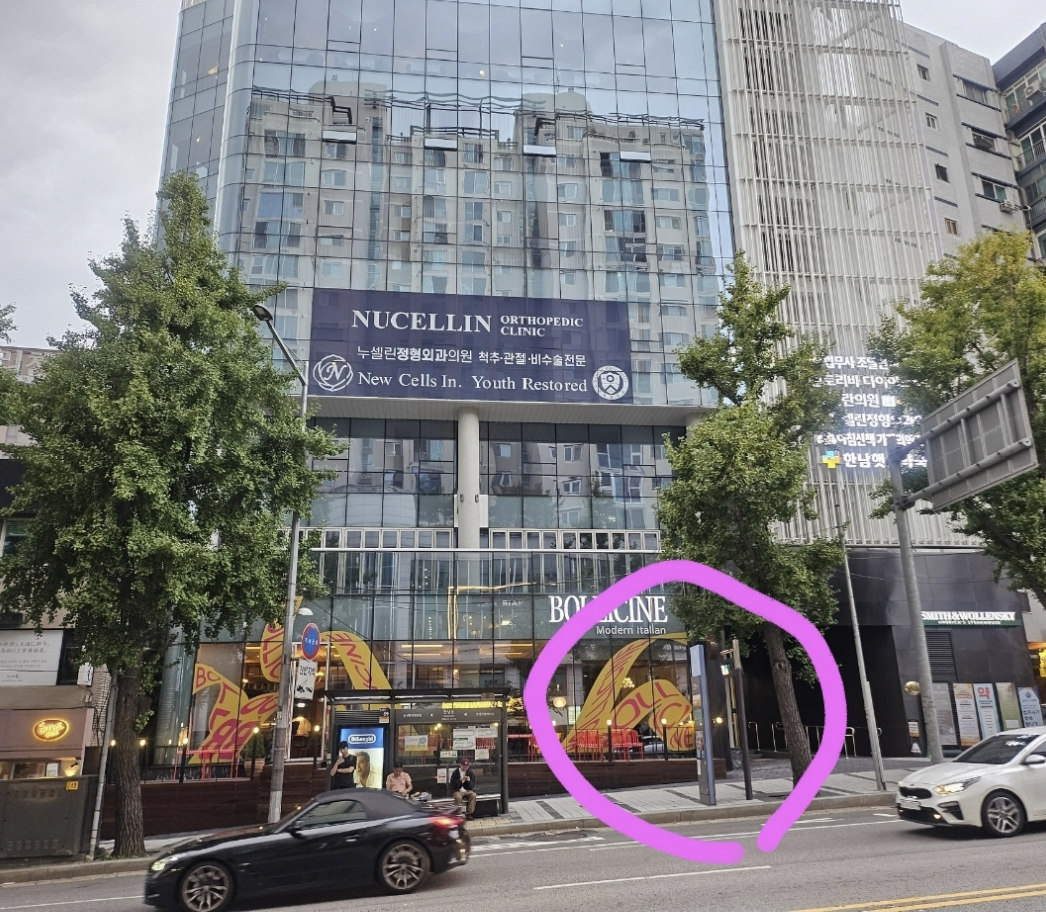Rotator Cuff Injury in Seoul, Korea: Precise Diagnosis, Non-Surgical First
English-speaking rotator cuff injury made easy at one trusted clinic in Seoul. Discover Nucellin’s doctor-supervised, image-guided procedures, transparent pricing, and real patient results—all in one place.
Welcome for international patients. Shoulder pain can make work, sleep, and travel difficult. At Nucellin Orthopedic Clinic (Yongsan, Seoul), Dr. Kim Hee-Jun delivers doctor-supervised, English-friendly care for rotator cuff tendinopathy, partial tears, and impingement—prioritizing non-surgical recovery whenever safe.
What Is a Rotator Cuff Injury?
The rotator cuff is a group of four tendons that stabilize your shoulder. Overuse, poor mechanics, or acute strain can inflame the tendons (tendinopathy) or cause partial tearing, leading to pain and weakness with overhead or behind-the-back movements.
Common Symptoms We Treat
- Aching pain over the upper arm/shoulder, worse at night or when lying on that side
- Pain with reaching overhead, lifting, or rotating the arm
- Catching, stiffness, or loss of range of motion
- Weakness with abduction or external rotation
How We Diagnose
- Focused orthopedic exam and strength testing
- Bedside ultrasound for tendon quality and bursitis; MRI when it changes management
- Movement analysis to identify overload and technique issues
Non-Surgical Treatment Plan
Active Rehab (first-line)
- Load-graded physio: scapular control, rotator cuff strengthening (isometrics → eccentrics → functional)
- Mobility work for thoracic spine and posterior capsule
- Ergonomics and sport-specific technique coaching
Adjunct Therapies (case-by-case)
- Shockwave (ESWT) for chronic tendinopathy
- Taping/bracing, anti-inflammatory strategies, sleep modification
- Image-guided procedures when pain limits progress:
- Subacromial steroid injection for short-term inflammation control
- PRP for degenerative tendinopathy (discuss evidence, indications)
- Hydrodilatation if adhesive capsulitis features are present
When Surgery Is Considered
- Full-thickness tears with significant weakness
- Failed comprehensive non-surgical care
- Acute traumatic tears in active patients
We coordinate surgical referral when indicated and manage pre/rehab phases.
Why Choose Nucellin & Dr. Kim
- Orthopedic specialist oversight for every evaluation and injection
- Ultrasound/fluoroscopy-guided precision when procedures are needed
- English-speaking team, written aftercare, simple communication
- Transparent pricing and itemized receipts for potential reimbursement
- Travel-smart scheduling for expats and medical tourists
What to Expect
- Consult & Imaging Review – Bring MRI/US if available
- Personalized Plan – Goals, timelines, and home program
- Treatment Phase – Rehab first; add ESWT/PRP/steroid if appropriate
- Return to Activity – Graduated lift/play plan; relapse prevention
- Follow-Up – In-clinic or remote check-ins
FAQs (Quick)
- How long to recover? Many improve within 4–8 weeks with consistent rehab; chronic cases may need 8–12+ weeks.
- Will I need injections? Only if pain blocks rehab; decided together after exam.
- Can I keep training? Usually yes with load and technique modifications.
- Do partial tears heal? Tendons remodel with progressive loading; outcomes improve with structured physio and, in select cases, adjunct procedures.
Pricing & Booking
Upfront estimates provided before treatment with itemized receipts. Check your policy for reimbursement options.
Ready to lift and reach without pain?
Book a
rotator cuff evaluation with
Dr. Kim Hee-Jun at
Nucellin Orthopedic Clinic, Seoul for a clear, English-friendly plan.


